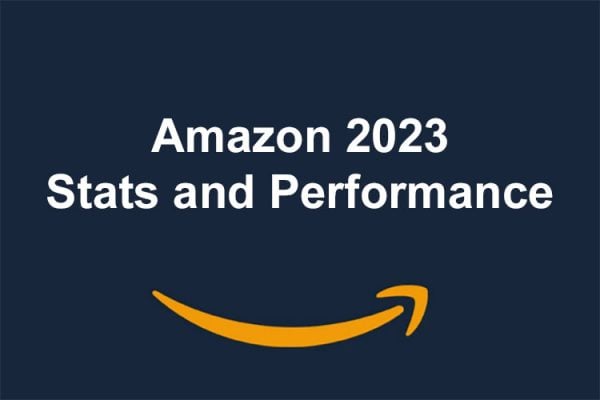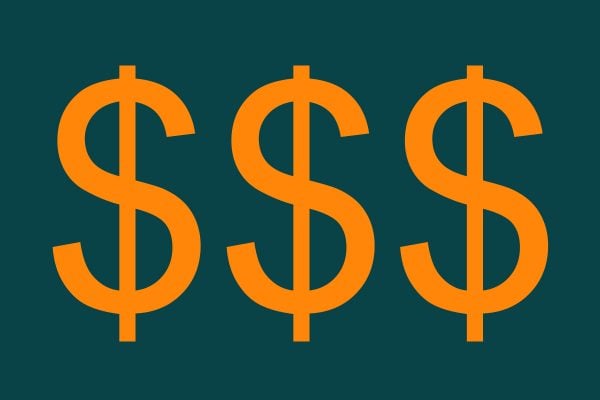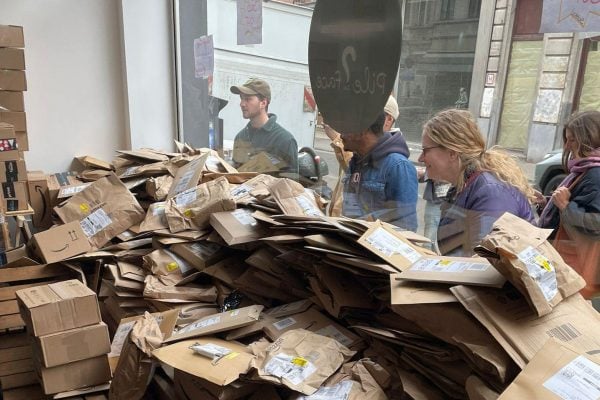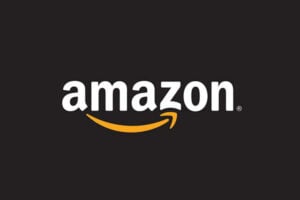Bloomberg recently published an article with the suggestion that Amazon look at their third party retailers best selling items, source the products themselves and then Amazon compete directly with their third party sellers. Even worse, Amazon are starting to manufacture their own products and again appear to compete directly with merchants.
Amazon have on multiple occasions assured us that there is a chinese wall between Amazon Retail and Amazon marketplace and that data on particular sellers isn’t shared between the two sides of their business. So what’s going on?
Nothing untoward is the answer. If you think about how you sell on Amazon, how you source products and the steps you may go through before having your own product range manufactured you probably do some research. You probably look at similar products on Amazon, check prices, check sell through rates and consult the lists of top selling products in the Amazon categories that you trade in. Amazon Retail doubtless do exactly the same as you do.
The difference with Amazon is that they’re a massive retailer and have teams of buyers who do nothing other than liaise with manufacturers and suppliers (probably often the same manufacturers and suppliers that you source from). These buyers have nothing better to do all day than to identify products that will sell well on Amazon and then go and find them. That’s their job.
Amazon Retail don’t need the marketplace side of the business to hand data over to them as it’s all out there on the web. They can see, just as anyone can, what sells and what doesn’t and which products are top performers because Amazon publish these lists for everyone to see.
Yes it’s annoying when Amazon start selling a similar (or the same) product as you. It’s even more annoying if as in the case of the laptop stand seller highlighted by Bloomberg see Amazon manufacture a similar (but distinctly different design) product to their own. But this is business, we should expect competition. We should expect Amazon to manufacture similar products to our own. If Amazon don’t someone else will although it probably doesn’t help that Amazon’s product is less than half the price of the third party retailer’s version.
Are Amazon being underhand and copying their third party retailers best sellers? Absolutely. Is this something underhand and wrong? Not really, Amazon aren’t hiding anything and it’s there for all to see.
It’s tricky relying on the mouth that feeds you not to cut your legs off and compete with you but we all know what we’re getting into when we sell on Amazon. The game is that we’re competitors with Amazon retail and sooner or later they’re going to identify top selling products and start supplying them. We all know that so why are we still surprised when it happens?











10 Responses
Amazon should recognise they have a symbiotic relationship with 3rd party sellers. Every time I sell a successful brand they go direct to the manufacturer and sell the same items for the same price but somehow win the buy box each time. If tamely can’t see this they may be guilty of the same thing!
Three issues,
One Amazon will often sell it at below cost price, even their cost price to win and put you out of business.
Two, you can’t complain to Amazon about Amazon, so they screw up the listing or change the listing there is nothing you can do. I was selling an item against Amazon and cheaper, they decided to change the listing so the item came in a box (which it doesn’t from the supplier) and kicked me off it.
Three, being the cheapest doesn’t give you the buy box, a big no no for me. If I am on Amazon I want the cheapest price not prime or anything else. Is it far that something £2-£3 more is selling more than my item that is the same but cheaper?
Also if we are not careful Amazon will be the only retailer left and then let’s see how ‘cheap’ prices are!
If you sleep with devil what do you expect, seriously. You open up your trading details to biggest competitor out there and wonder why they crush your business. As a customer I like Amazon, as a business I wouldn’t sell on there even if it was free.
i havent experienced amazon selling my products on my listings yet but some of my items are UK trademarked and have my trademark on the actual product , mainly to stop other sellers piggybacking my listings and for me to control the price , can amazon piggyback my listings even though i have a uk registered tradmark if they was to source the same product ?
Shocked Tamebay side with Amazon on this! We all know the dirty tricks they get up to, such as exclusivity deals with manufacturers.
A marketplace shouldn’t be allowed to compete directly with the retailers using it.
Very interesting article. Whenever I have a product that is experiencing even moderate success on Amazon, they constantly email me recomending me to do fulfilment by Amazon for the item. Iv always been suspicious that they just want a closer look at the product to sell it themselves but who knows.
Competition is to be expected. Competition isn’t the problem with Amazon strategy.
The problem is that they give themselves a biased in the search ranking – putting them at a massive advantage over other 3rd party sellers.
They will do one of the following
i) Ensure their listings tend to win the buy box for the longest amount of time – even when their products are more expensive than 3rd party sellers
or
ii) Ensure that their new listings feature towards the top / further up the top of the search term – even when their product has little to no sales history – something which 3rd party sellers don’t get to enjoy. I routinely see Amazon sold products with very few feedback points at the top of search when there will be 3rd party products with hundreds more feedback relegated below the Amazon offer.
You recently posted an article about the Indian marketplace model. We should have the same here – Amazon is a bully and will make it worse for competition and thus consumers in the long run.
It’s not always a level playing field if they do.
In the jewellery section they started selling some of the same items as mine.
They would sell them at cost + 10 to 20%
If i sold them I have to pay cost + my costs + postage + 25% Amazon fee. To even get a tiny profit my prices ended up being double Amazons.